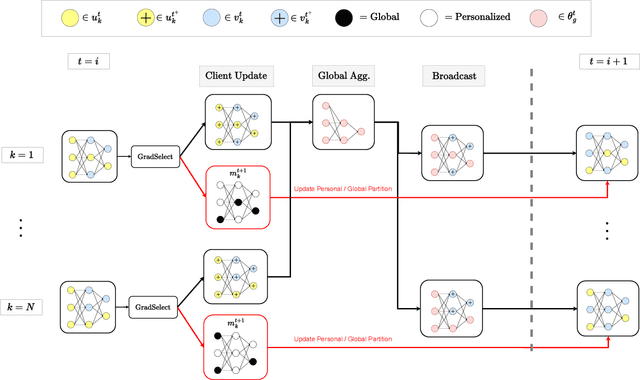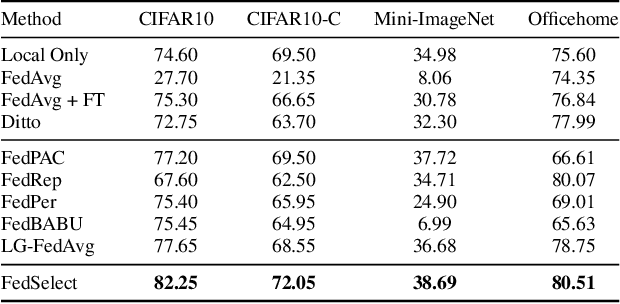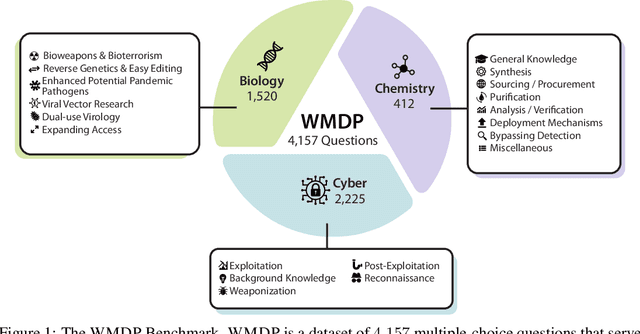Rishub Tamirisa
Utility Engineering: Analyzing and Controlling Emergent Value Systems in AIs
Feb 12, 2025Abstract:As AIs rapidly advance and become more agentic, the risk they pose is governed not only by their capabilities but increasingly by their propensities, including goals and values. Tracking the emergence of goals and values has proven a longstanding problem, and despite much interest over the years it remains unclear whether current AIs have meaningful values. We propose a solution to this problem, leveraging the framework of utility functions to study the internal coherence of AI preferences. Surprisingly, we find that independently-sampled preferences in current LLMs exhibit high degrees of structural coherence, and moreover that this emerges with scale. These findings suggest that value systems emerge in LLMs in a meaningful sense, a finding with broad implications. To study these emergent value systems, we propose utility engineering as a research agenda, comprising both the analysis and control of AI utilities. We uncover problematic and often shocking values in LLM assistants despite existing control measures. These include cases where AIs value themselves over humans and are anti-aligned with specific individuals. To constrain these emergent value systems, we propose methods of utility control. As a case study, we show how aligning utilities with a citizen assembly reduces political biases and generalizes to new scenarios. Whether we like it or not, value systems have already emerged in AIs, and much work remains to fully understand and control these emergent representations.
Tamper-Resistant Safeguards for Open-Weight LLMs
Aug 01, 2024



Abstract:Rapid advances in the capabilities of large language models (LLMs) have raised widespread concerns regarding their potential for malicious use. Open-weight LLMs present unique challenges, as existing safeguards lack robustness to tampering attacks that modify model weights. For example, recent works have demonstrated that refusal and unlearning safeguards can be trivially removed with a few steps of fine-tuning. These vulnerabilities necessitate new approaches for enabling the safe release of open-weight LLMs. We develop a method, called TAR, for building tamper-resistant safeguards into open-weight LLMs such that adversaries cannot remove the safeguards even after thousands of steps of fine-tuning. In extensive evaluations and red teaming analyses, we find that our method greatly improves tamper-resistance while preserving benign capabilities. Our results demonstrate that tamper-resistance is a tractable problem, opening up a promising new avenue to improve the safety and security of open-weight LLMs.
FedSelect: Personalized Federated Learning with Customized Selection of Parameters for Fine-Tuning
Apr 03, 2024



Abstract:Standard federated learning approaches suffer when client data distributions have sufficient heterogeneity. Recent methods addressed the client data heterogeneity issue via personalized federated learning (PFL) - a class of FL algorithms aiming to personalize learned global knowledge to better suit the clients' local data distributions. Existing PFL methods usually decouple global updates in deep neural networks by performing personalization on particular layers (i.e. classifier heads) and global aggregation for the rest of the network. However, preselecting network layers for personalization may result in suboptimal storage of global knowledge. In this work, we propose FedSelect, a novel PFL algorithm inspired by the iterative subnetwork discovery procedure used for the Lottery Ticket Hypothesis. FedSelect incrementally expands subnetworks to personalize client parameters, concurrently conducting global aggregations on the remaining parameters. This approach enables the personalization of both client parameters and subnetwork structure during the training process. Finally, we show that FedSelect outperforms recent state-of-the-art PFL algorithms under challenging client data heterogeneity settings and demonstrates robustness to various real-world distributional shifts. Our code is available at https://github.com/lapisrocks/fedselect.
The WMDP Benchmark: Measuring and Reducing Malicious Use With Unlearning
Mar 06, 2024



Abstract:The White House Executive Order on Artificial Intelligence highlights the risks of large language models (LLMs) empowering malicious actors in developing biological, cyber, and chemical weapons. To measure these risks of malicious use, government institutions and major AI labs are developing evaluations for hazardous capabilities in LLMs. However, current evaluations are private, preventing further research into mitigating risk. Furthermore, they focus on only a few, highly specific pathways for malicious use. To fill these gaps, we publicly release the Weapons of Mass Destruction Proxy (WMDP) benchmark, a dataset of 4,157 multiple-choice questions that serve as a proxy measurement of hazardous knowledge in biosecurity, cybersecurity, and chemical security. WMDP was developed by a consortium of academics and technical consultants, and was stringently filtered to eliminate sensitive information prior to public release. WMDP serves two roles: first, as an evaluation for hazardous knowledge in LLMs, and second, as a benchmark for unlearning methods to remove such hazardous knowledge. To guide progress on unlearning, we develop CUT, a state-of-the-art unlearning method based on controlling model representations. CUT reduces model performance on WMDP while maintaining general capabilities in areas such as biology and computer science, suggesting that unlearning may be a concrete path towards reducing malicious use from LLMs. We release our benchmark and code publicly at https://wmdp.ai
FedSelect: Customized Selection of Parameters for Fine-Tuning during Personalized Federated Learning
Jul 07, 2023Abstract:Recent advancements in federated learning (FL) seek to increase client-level performance by fine-tuning client parameters on local data or personalizing architectures for the local task. Existing methods for such personalization either prune a global model or fine-tune a global model on a local client distribution. However, these existing methods either personalize at the expense of retaining important global knowledge, or predetermine network layers for fine-tuning, resulting in suboptimal storage of global knowledge within client models. Enlightened by the lottery ticket hypothesis, we first introduce a hypothesis for finding optimal client subnetworks to locally fine-tune while leaving the rest of the parameters frozen. We then propose a novel FL framework, FedSelect, using this procedure that directly personalizes both client subnetwork structure and parameters, via the simultaneous discovery of optimal parameters for personalization and the rest of parameters for global aggregation during training. We show that this method achieves promising results on CIFAR-10.
* Work in progress
 Add to Chrome
Add to Chrome Add to Firefox
Add to Firefox Add to Edge
Add to Edge